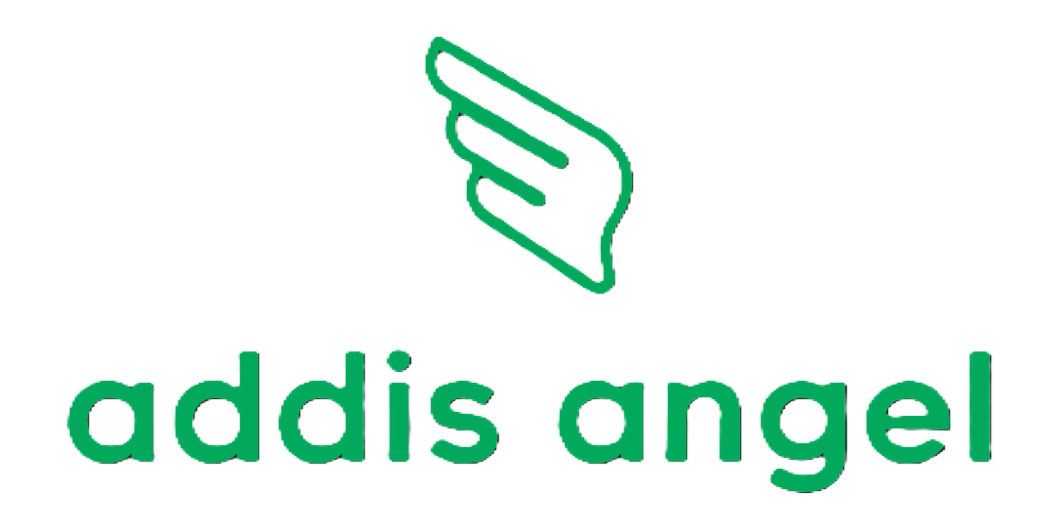We have answers!
Introduction
Welcome to the Investor FAQ for Addis Angel! This guide is designed to answer your most pressing questions about investing in Ethiopian startups through our platform. Whether you’re new to crowdfunding or a seasoned investor, we’ve compiled the essential details to help you understand our process, funding models, and what to expect from your investments.
Can I invest?
As a U.S. person it depends on your income or net worth. Under Rule 501 of Regulation D, you must be an accredited investor. An individual qualifies as an accredited investor if they meet any one of the following:
- Income Test:
- Earned an annual income exceeding $200,000 (or $300,000 combined with a spouse or spousal equivalent) in each of the last two years and expect the same income level in the current year.
- Net Worth Test:
- Has a net worth exceeding $1 million, either individually or jointly with a spouse or spousal equivalent, excluding the value of the primary residence.
What types of funding models are available?
We offer three flexible funding models to cater to different investor preferences:
- Revenue-Sharing Model:
- You receive a percentage of the startup’s revenue until a set return is achieved.
- Example: Invest $10,000 in a startup offering 5% of monthly revenue until a 1.5x return ($15,000) is met. If the startup generates $20,000/month in revenue, you’ll receive $1,000/month until the $15,000 is paid back.
- Equity-Based Funding:
- You purchase a share of the company.
- Example: If you invest $5,000 in a startup valued at $50,000, you own 10% equity. Your returns come from selling your shares at a higher valuation in the future.
- Hybrid Model:
- Combines equity ownership with revenue-sharing payouts.
- Example: Invest $10,000 for 3% equity and 2% revenue share until a 2x return ($20,000) is met. After the $20,000 is achieved, you retain your equity for potential future gains
How do I track my investments?
Our platform offers a dashboard for real-time tracking:
- Portfolio Overview: View your active investments and their performance.
- Revenue Payouts: Monitor payments from revenue-sharing campaigns.
- Equity Valuations: Check the current value of your equity as startups grow.
What are my rights as an investor?
Investors enjoy several protections:
- Ownership Rights (Equity-Based):
You can vote on key decisions (if applicable) and are entitled to a share of the proceeds in liquidity events (e.g., acquisitions). - Revenue Entitlements (Revenue-Sharing):
Your agreement specifies the percentage of revenue and payout schedule. -
Pro-Rata Rights
- What They Are:
Pro-rata rights allow investors to maintain their ownership percentage in future funding rounds by giving them the first right to purchase additional shares. - How They Work:
- Example: If an investor owns 10% of a startup, they can invest further to maintain their 10% share in subsequent rounds.
- Protects against dilution and ensures long-term participation in the startup’s growth.
- Why They Matter:
- Encourages investor trust and commitment.
- Helps investors protect their original stake.
- What They Are:
What happens if a campaign fails?
If a campaign does not meet its funding goal:
- All your funds are refunded in full.
- Example: A startup aims to raise $100,000 but collects only $60,000. The campaign is marked as unsuccessful, and your $5,000 contribution is returned.
What risks should I be aware of?
Investing always involves risks. Here are the key ones to consider:
- Equity Risk:
If the startup fails, your equity may become worthless. - Revenue Risk:
If the startup earns less revenue than expected, payouts may be delayed or smaller than anticipated. - Liquidity Risk:
Equity is not easily sold and may take years to yield returns.
We recommend diversifying your investments and understanding the startup’s business plan before committing funds.
Can I sell my equity?
Yes, but under certain conditions:
- You may sell equity during liquidity events (e.g., acquisitions or secondary market sales).
- Example: You own 10% in a startup valued at $1 million. A buyer offers to purchase your shares for $120,000. You accept and realize a profit of $70,000.
What are legal requirements to invest?
- Accreditation Requirements (If Applicable):
Depending on your jurisdiction, some investment opportunities may only be available to accredited investors. An accredited investor typically meets income or net worth thresholds as defined by local regulations. - KYC (Know Your Customer) Process:
To comply with anti-money laundering (AML) laws and ensure platform security, investors must complete identity verification.
Required documents include:- Government-issued ID
- Proof of address (e.g., utility bill)
- Tax Implications:
Investors are responsible for reporting investment gains or losses as required by their country’s tax laws. The platform may provide annual statements to assist with this.
Legal Agreements
- For Equity-Based Investments:
- Shareholder Agreements: Outlines the rights and obligations of equity holders.
- Term Sheets: Summarizes investment terms before the final agreement.
- For Revenue-Sharing Investments:
- Revenue Sharing Agreements: Details the percentage of revenue and repayment terms.
- Platform’s Role:
The platform facilitates these agreements, ensuring clarity and compliance with local laws.
What is the refund policy?
- Campaign Fails to Reach Target:
If a campaign does not meet its funding goal within the specified timeframe, all investor contributions are automatically refunded to their accounts. - Investor Withdrawal (Before Campaign Ends):
- Investors can cancel their pledge during the campaign period unless otherwise stated in the campaign terms.
- Fraudulent Campaigns:
If a campaign is found to be fraudulent, funds are frozen, and refunds are issued to all investors. The startup may be reported to relevant authorities.

